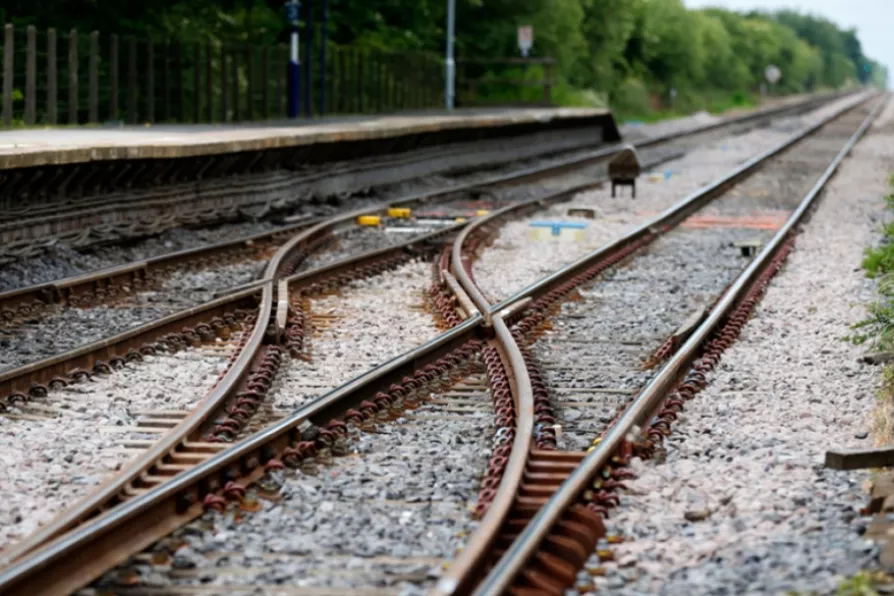Once the bustling heart of Christian pilgrimage, Bethlehem now faces shuttered hotels, empty streets and a shrinking Christian community, while Israel’s assault on Gaza and the tightening grip of occupation destroy hopes of peace at the birthplace of Christ, writes Father GEOFF BOTTOMS
Rail renationalisation shunted off Labour’s agenda?
Starmer’s Labour seems to think a party that promises little is more admired, writes SOLOMON HUGHES


WILL rail renationalisation survive Keir Starmer’s cull of commitments? Or will it be shunted into the sidings and forgotten about?
Uncertain messaging from the top at Labour’s recent conference suggests the party is considering not taking back control of trains after all.
The 2019 manifesto promised “bringing our railways back into public ownership.” But listen to shadow transport secretary Jim McMahon’s conference speech: that isn’t what he calls for.
Similar stories

A just transition to Great British Railways and a clean and safe railway for all is not only desirable but also necessary. MARYAM ESLAMDOUST explains

Aslef general secretary MICK WHELAN speaks to Ben Chacko about rail renationalisation, the Employment Rights Bill and why we shouldn’t write off this Labour government













